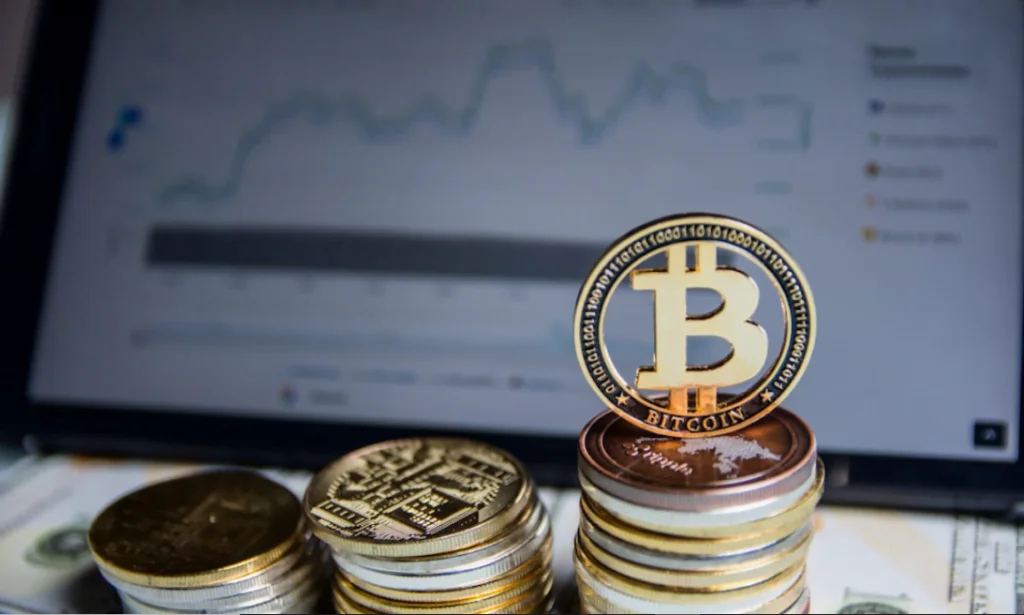El Salvador has become the first country to recognize Bitcoin as legal cash earlier this month, adopting a bill to that effect.

El Salvador is even going so far as to airdrop $30 worth of Bitcoin to its registered citizens.
While the aforementioned bill will take full effect on September 7, 2021, the country’s regulators are yet to issue implementation instructions.
Although many people welcomed the decision, it was also met with backlash from a variety of sources, including authorities and financial organizations.
Fitch Ratings, a New York-based economic analytics and rating agency, recently produced a report on the challenges facing El Salvador.
El Salvador’s financial institutions could face higher “regulatory, financial, and operational” risks, according to the business. Furthermore, this would raise concerns about possible violations of international anti-money laundering and anti-terrorist funding regulations.
The business cited the world’s largest cryptocurrency’s extreme price volatility as a “challenge to its usage as a store of value and method of payment.” It went on to say;
“Financial institutions could face potential volatility in the USD value of their balance sheets if Bitcoin assets/liabilities are not quickly converted to USD or if positions remain open. The lack of adequate regulations to manage banks’ balance sheet exposure would be a credit negative based on a recent Basel prudential consultation. This would effectively fully deduct open positions from banks’ regulatory capital.”
The bill also mandates that all firms in the country accept BTC, excluding those with limited or no access to the requisite equipment.
El Salvador’s President, Nayib Bukele, purportedly commented in this regard, “If you go to a McDonald’s or whatever, they cannot say we’re not going to take your bitcoin, they have to take it by law because it’s a legal tender.”
Fitch Ratings, however, cautioned of an adverse impact on the actual rate of acceptance due to challenges related to implementation, financial inclusion, and Internet access.
Further, the report cited concerns regarding the “macroeconomic, financial and legal issues” expressed by the IMF recently, while also touching upon the lack of support from the World Bank in this regard.
Meanwhile, some analysts have expressed a more positive opinion towards El Salvador’s Bitcoin adoption. In fact, according to analyst Lark Davis,
The ratings agencies don’t like what El Salvador is doing with #bitcoin! These are the same people who lied about the mortgage markets at the behest of banks which led to the 2008 GFC. https://t.co/EOoBFfyDH8
— Lark Davis (@TheCryptoLark) June 25, 2021CSO of Blockstream, Samson Mow also voiced his respect for El Salvador, noting that the country understands what freedom means.

